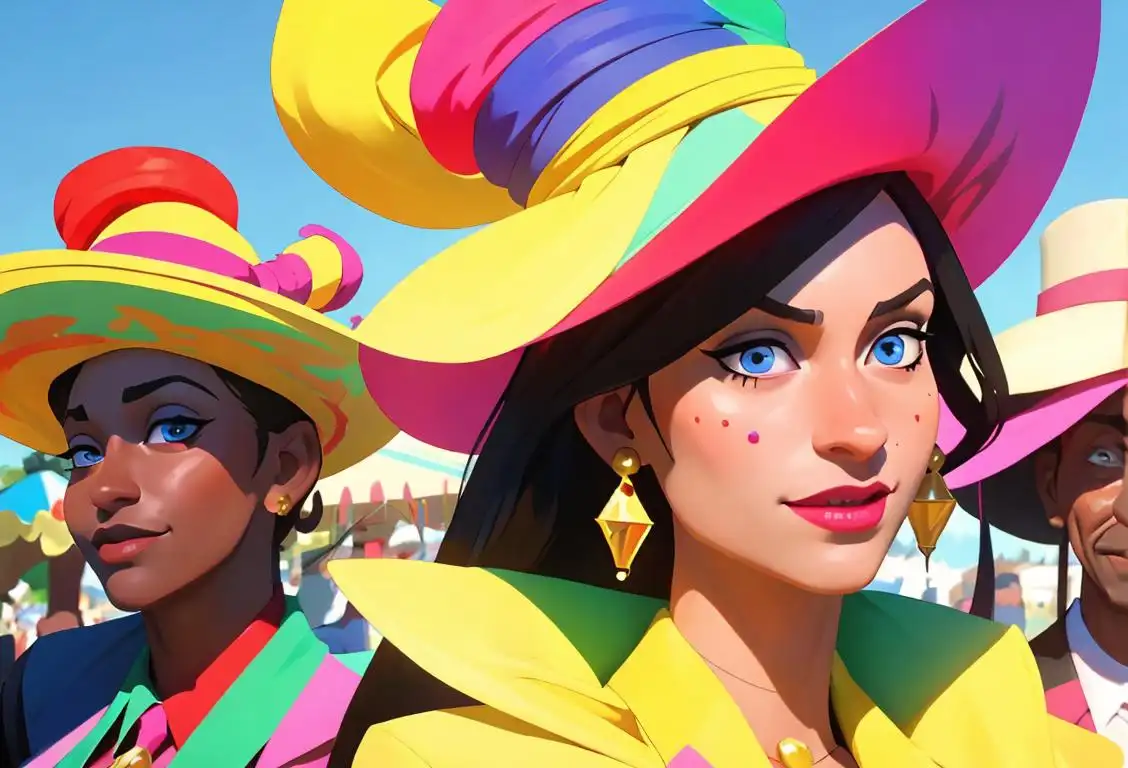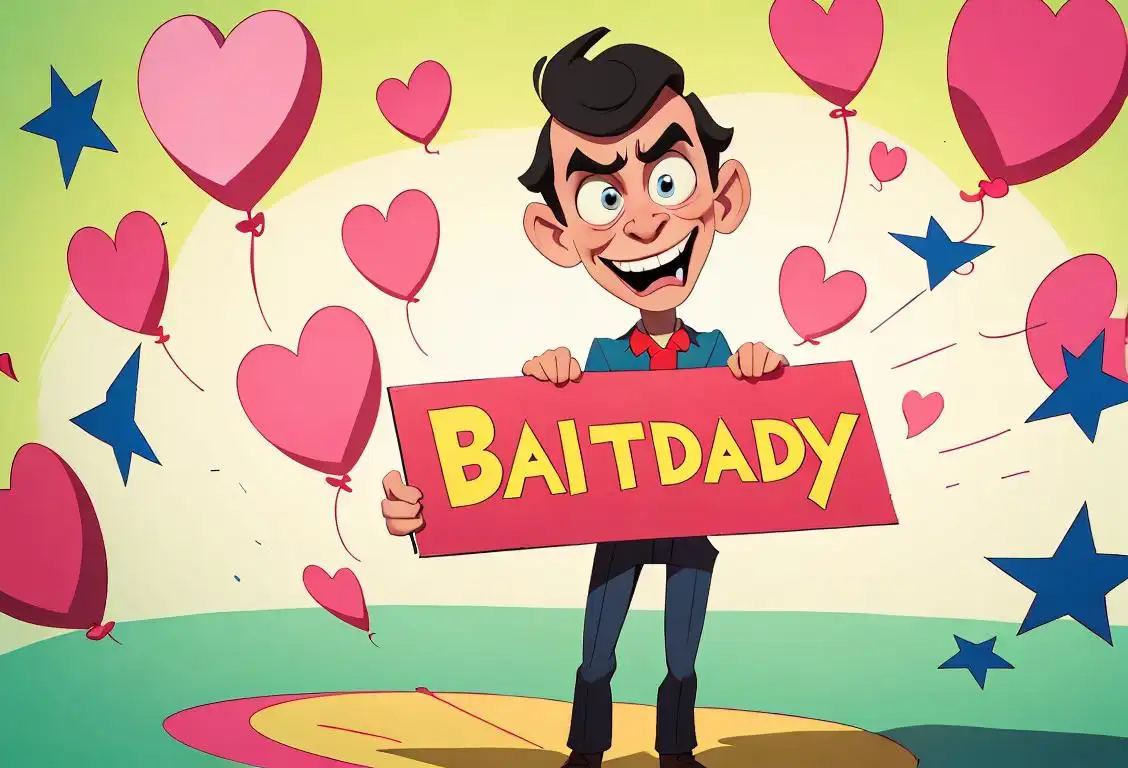National Name Yourself Day

Once upon a time, in the magical realm of the internet, a day was born where you could shed your given name and adopt any moniker you desired, no judgement or raised eyebrows allowed. This, dear wanderer, is the history of the whimsical and enchanting National Name Yourself Day.
When is Name Yourself Day?
It's national name yourself day on the 9th April.
A Brief History
Based on our archives' dusty digital pages, National Name Yourself Day started gaining online attention around 2015, the same year TikTok had us questioning if we're living in a reality or a dystopia. On the unforgettable day of April 9, 2015, the internet nearly had a meltdown with 2383 mentions of National Name Yourself Day. We assume the entire digital realm was busy renaming itself with special monikers, perhaps inspired by their favorite Game of Thrones character or mythical creature.
What it Means
On this day, you're encouraged to take a brief yet entertaining vacation from your regular name, and embrace a new, self-appointed name tag. Always wanted to be called Serendipity Shmuckenburger? No problem. Feel a deep connection with Bob the Builder? You go, builder! The purpose of this chummy day is to explore different identities and have a chuckle, all while making casual Fridays a touch more entertaining.
How to Celebrate
Express your creativity full throttle, don your newfound alias proudly, and maybe hotfoot it out of any potentially awkward situations – changing your name can be a fantastic conversation starter or a conversational shield, depending on how swift you are on your feet.
History behind the term 'Name Yourself'
1700s
Emergence of Surnames
During the 1700s, the use of surnames became more widespread in many societies. As populations grew and communities became more complex, it became necessary to have a consistent way to identify individuals. Surnames were typically based on occupations, locations, or patronymic (based on the father's name) origins. This practice of adopting fixed family names laid the foundation for personal identification and the concept of naming oneself.
1800s
Birth of Nicknames
In the 1800s, nicknames gained prominence as an informal way to address individuals. These names were often derived from physical characteristics, personality traits, or notable incidents associated with a person. Nicknames provided a more personal and sometimes playful dimension to someone's identity, allowing individuals to connect on a more intimate level. The popularity of nicknames planted the seeds for people to explore alternative ways of expressing their self-identity.
1960s
Advent of Self-Naming
It was in the 1960s that the concept of 'name yourself' gained traction within counterculture movements. As a rejection of societal norms and established identities, individuals began exploring alternative forms of personal expression. This often involved adopting new names that better reflected their values, beliefs, or aspirations. The act of naming oneself became a powerful way to assert autonomy and challenge conventional notions of identity.
1990s
Internet Pseudonyms
With the rise of the internet in the 1990s, the practice of 'name yourself' took on a new digital dimension. Online platforms provided individuals with opportunities to create virtual identities or pseudonyms as a form of self-representation. People could now choose aliases that aligned with their online persona or allowed them to explore different facets of their personality. This phenomenon contributed to the blurring of boundaries between physical and virtual identities.
Present
Empowerment of Self-Identification
In the present day, 'name yourself' has evolved into a broader concept encompassing various aspects of personal identity. Beyond choosing names, individuals are embracing the freedom to define their gender, sexual orientation, cultural heritage, and other dimensions of their identity. This movement toward self-identification and self-definition promotes inclusivity, diversity, and the celebration of uniqueness. It empowers individuals to embrace their true selves and contribute to a more accepting and understanding society.
Did you know?
Did you know that in the year 2000, a Florida man named Jack Ass sued the MTV show, 'Jackass', for 'plagiarizing' his name and causing him emotional distress? Clearly, people take their self-chosen identities seriously!Tagged
fun celebration humor creativity identityFirst identified
9th April 2015Most mentioned on
9th April 2015Total mentions
2383Other days
Name Yourself Day
Per Day
Surprise Drug Test Day
Drawing Day
Btm Day
Dislike Day
Disaster Traitor Feku Darpok Fools Day
Jumla Day
Lottery A Fucker The Day
Harot Day






